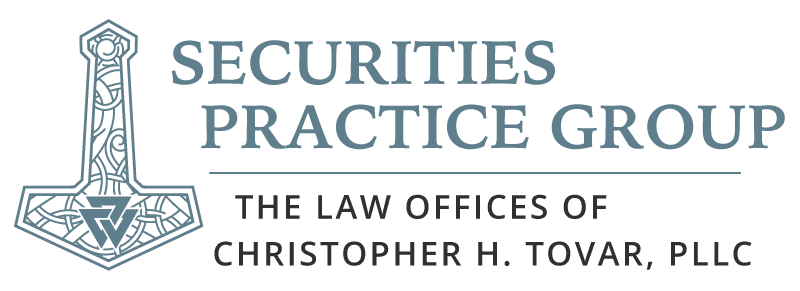
On FINRA Arbitration Awards Online | FINRA.org I recently found a very instructive recent outcome for in-house counsel suing one of their own brokers. In FINRA Case No. 17-02630 Cambridge Investment Research, Inc., an Iowa-based broker-dealer, went after a rep named Kermit Gable for over $300,000 for client reimbursements plus interest. Gable represented himself.
In what looks like a contentious case, Claimant Cambridge filed a Motion for Sanctions against Respondent Gable, who filed a response the next day. Cambridge then filed what it styled a “Response to Respondent’s Response to Claimant’s Motion for Sanctions.” (Say that ten times real fast!) The FINRA arbitration panel heard arguments on this motion on the record at the final hearing and denied Cambridge’s motion for sanctions.
At the close of the hearing, Claimant Cambridge requested compensatory damages in the amount of $326,837.23, attorneys’ fees in an amount between $50,000.00 and $60,000.00, costs and expenses in an amount between $5,500.00 and $6,000.00, sanctions in the amount of $10,000.00, interest, forum fees, an adverse inference against Respondent Gable, and dismissal of all defenses asserted by him.
Respondent Gable requested $6,956.61 in attorneys’ fees, $70,000.00 in personal fees (350 hours at $200.00 per hour); transportation costs, including fuel, tolls, and supplies in the amount of $238.00; and $25,000.00 in punitive damages.
Cambridge’s claims were denied in their entirety by the FINRA panel.
Respondent Gable was awarded $43,750.00 in equitable relief and $6,956.61 in attorneys’ fees pursuant to the terms of the original Registered Representative Agreement he signed when he joined Cambridge. The broker, sans law license – and representing himself – was awarded attorney’s fees!
The award of “equitable relief” to Gable appears to indicate that the FINRA arbitration panel thought the case Cambridge brought against this broker was unfair. It seems that the panel was also not happy with the tactic of going after the broker for sanctions, and for trying to get the last word in what looks like a pointless skirmish. Cambridge also asked for attorneys’ fees when there was no outside counsel involved in the case, as far as the award indicates.
Cambridge was made to pay $10,125.00 in hearing fees, 100% of that cost.
Cambridge’s in-house counsel tried to do this case on their own and failed. Cases against a firm’s own brokers need to be handled with tact and a sense of fairness. The higher the stakes, the more likely these kinds of cases should also be conducted by experienced outside litigation counsel, people who have the necessary skills and a better sense of perspective and detachment, and who are less likely to be emotionally invested.
Panels rarely respond well to punitive expeditions.
Read a copy of the FINRA arbitration award.

